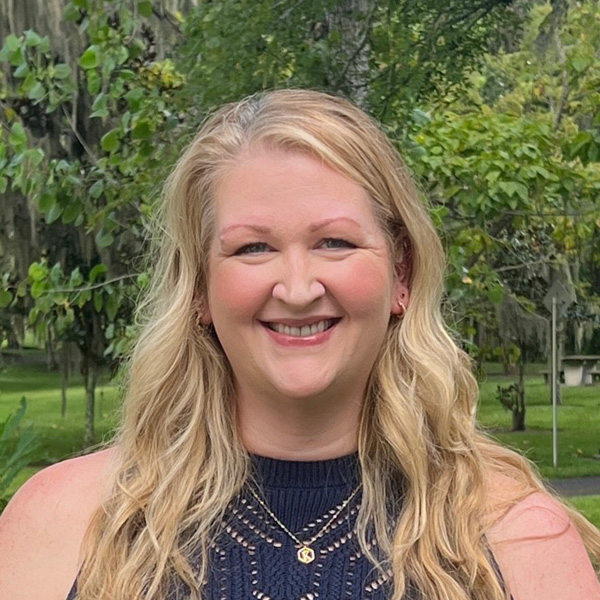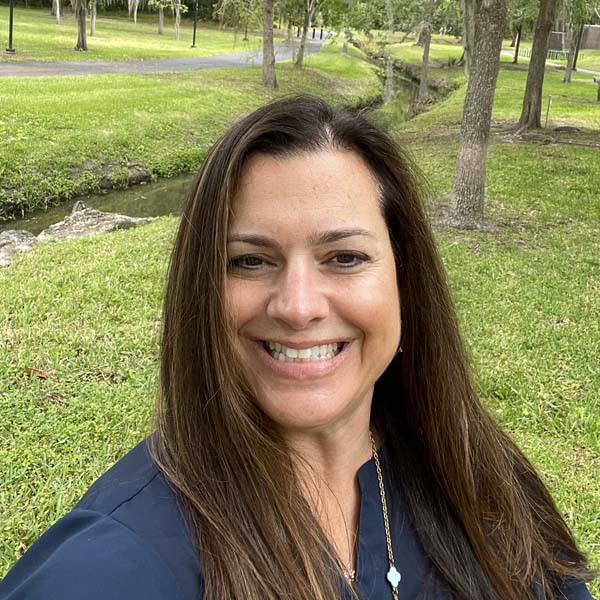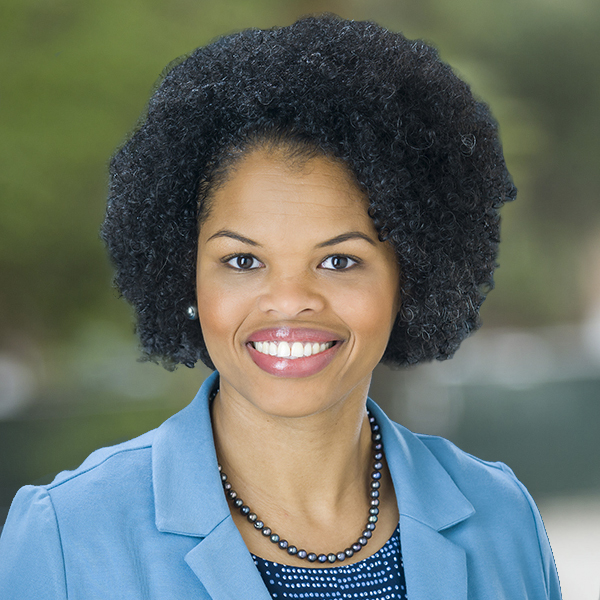Master’s degree students independently seek out a Supervisory Chair, which should be finalized by the end of their second term. This Chair serves to supervise the Capstone Project (for non-thesis Master’s) or Master’s Thesis (for thesis Master’s). They should select an advisor whose research aligns with theirs, which provides synergy in their academic goals. Only faculty who are members of the BME Graduate Faculty may serve as Supervisory Chairs to Master’s students. All primary BME faculty are automatically members of this. Affiliate BME faculty can be and this is explicitly designated on the BME website (look for “BME Graduate Faculty Status” below their names). If a desired faculty does not have this designation, the student must select an additional member with this status to serve as the formal Chair, with the other faculty member serving as the Co-Chair. Note that Research Faculty cannot serve in this role unless they have Graduate Faculty appointments (which most do not). To find the best match, student should schedule interviews with potential mentors and outline research goals and future career directions. As noted in the BME Guidelines, Master’s non-thesis students may elect to focus their Capstone project in traditional research, clinical research, internship, or a BME Report. Regardless of the selection of project, all non-thesis Master’s students must have a Supervisory Chair. They should review their desired options prior to meeting with a potential faculty member to ensure a strong match. For Master’s Thesis students, they should select a Chair that is able to fully supervise and mentor the development of an independent research project. Thesis students should seek to find a Chair as early into their program as possible, to ensure adequate time to develop the research project. Further, Master’s thesis students must also designate a Supervisory committee, which is typically done in collaboration with the Supervisory Chair.
For doctoral students, the process of finding a doctoral Supervisory Chair starts even before the student is admitted. This is because the department has a strong commitment to ensure optimal matches with admitted doctoral students. During the applicant review process, faculty who conduct research within the same areas of interest as the applicant will directly review, and likely contact, the student. This serves as an informal interview that helps the department gain better insight into the research interests and qualifications of the student. A selected pool of students will also be invited to an on-campus visit (students residing in the US only). During this on-campus visit, the department strives to expose students to as many potential doctoral mentors as possible, to increase the potential for a strong match. Students offered Graduate Student Fellowships will not be matched directly with a doctoral chair until the first semester of enrollment. This permits additional time for the student to learn more about their options and select their best doctoral Chair match. The department will be guide Graduate Fellows throughout this process. Alternatively, students can be matched directly with doctoral chairs in the form of Graduate Assistantships. This match and offer is coordinated by the faculty, who will review the applicant pool and directly contact students to schedule phone and/or video interviews. Through a series of interviews, a student may be offered this assistantship. In these cases, the doctoral match is made once the student agrees to the faculty-designed Graduate Assistantship. Of note, only faculty who are members of the BME Graduate Faculty may serve as Supervisory Chairs to doctoral students. Primary BME faculty have top priority for matching with Graduate Fellows. Affiliate BME faculty with “BME Graduate Faculty Status” (see website for listing) can select students on Graduate Assistantships, but will review the applicant pool after fellowships are offered.
Because of the care and effort taken in matching students, most students thrive under the guidance of their Doctoral Advisor. In the rare case that a student wishes to switch advisors, the Associate Chair of Graduate Programs will work with the student and the current advisor to supervise a move, if necessary.
While the doctoral Supervisory Chair serves as the primary mentor to the student’s research and development, a full doctoral committee also provides supplemental mentorship to the student throughout their research project. This committee helps provide additional prospective and guidance and this great resource should be leveraged as much as possible by the student.



